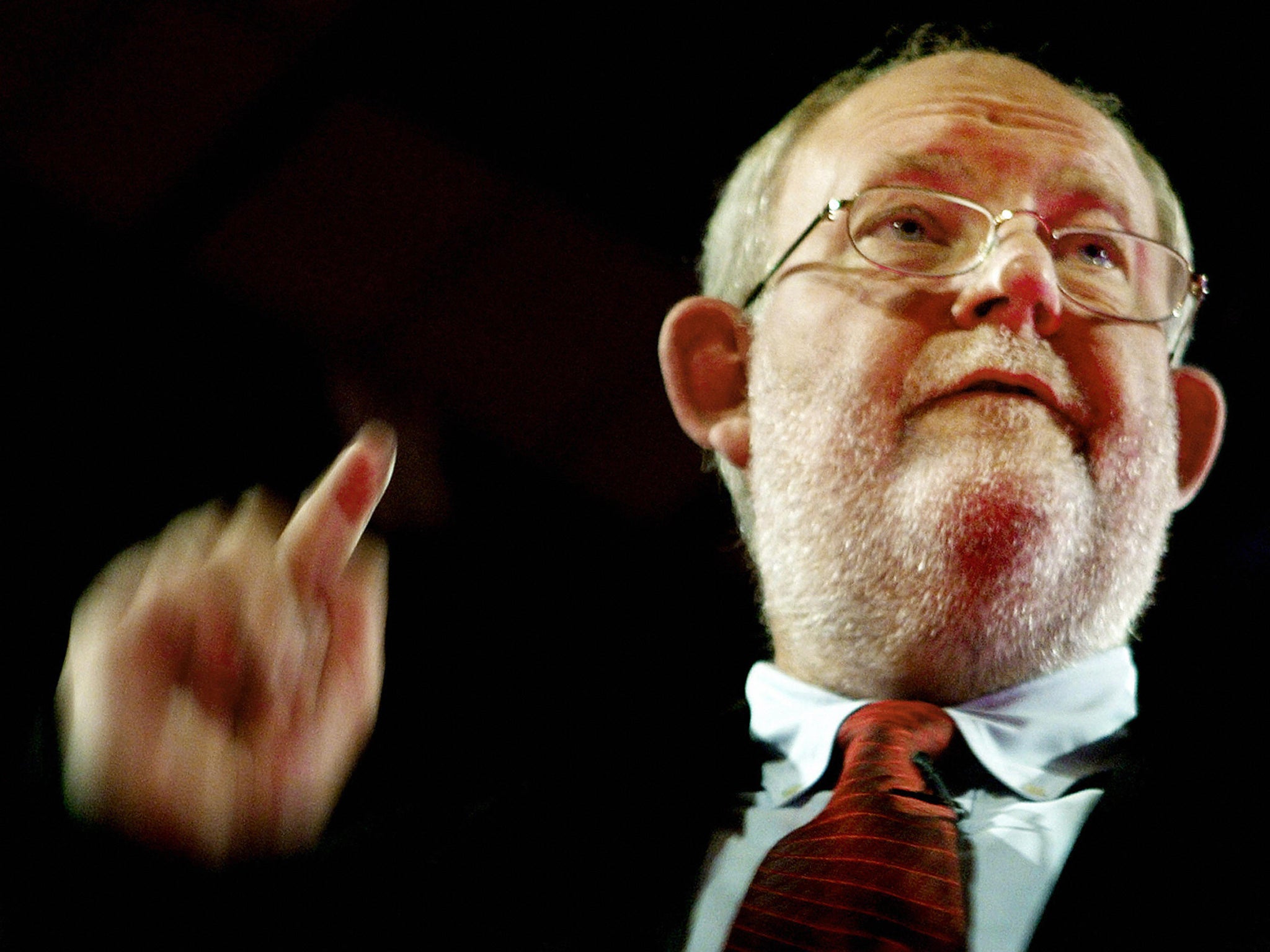Schools told to end religious instruction and teach morality instead
Former Education Secretary Charles Clarke has called for a radical overhaul

Religious instruction should be banned from schools and be the preserve of Sunday schools, madrassas or the home, according to proposals by the former Education Secretary Charles Clarke for a radical overhaul of religious education and the way faith schools operate.
Legislation compelling schools to hold a daily act of “predominantly Christian” worship in assemblies should also be scrapped, the Labour former frontbencher argues in a report jointly compiled with the religious education expert Professor Linda Woodhead, from Lancaster University.
In recommendations that will be studied keenly by faith and schooling experts, they argue that the emphasis should shift away from merely religious education, with pupils being taught religious and moral education instead.
However, the report stops short of urging faith schools to abandon the controversial practice of giving preference in admissions to children of a certain religion – arguing that children of families who regularly worship in a local church should have an enhanced right to attend its faith school.
Mr Clarke, who also served as Home Secretary, and Professor Woodhead conclude: “We do not believe that abolition of faith schools is either desirable or feasible, but we think that reforms could be beneficial and properly explored.”
The Coalition published plans for reforming religious education before the general election, outlining that at least two faiths should be studied by pupils at GCSE and including greater provision for ethics and philosophy – as long as it was in the context of religion.
But in a foreword to the new report, the authors state that a more fundamental overhaul of the way religion is approached in schools is overdue, with current legislation in the main dating back to the Education Act 1944.
Mr Clarke and Professor Woodhead write that they “do not agree with those who urge that religion should somehow be excluded from school life and should therefore play little or no role in the state education system.” However, they argue that religious instruction should not take place in schools because “it allows little or no time for questioning or criticism by pupils and/or ignores (or even distorts or caricatures) other forms of religion and belief and grants them no legitimacy”.
Attempts to change or strengthen the current commitment to an act of daily worship – which previous research has shown as many as two-thirds of schools ignore or are unable to meet – would be fraught with legal difficulties, their pamphlet says.
“On balance we favour removing the requirement altogether and so repealing those parts of legislation which require schools to provide daily acts of worship,” they say.
But the pair maintain that it is important for governors to continue to provide for the spiritual, moral, social and cultural development of today’s pupils – possibly through a broader approach to assemblies. The education standards watchdog, Ofsted, should monitor whether schools are fulfilling this commitment without recourse to legislation.
“All pupils in attendance at a maintained school shall on each school day take part in a period of reflection” aimed at encouraging “spiritual, moral and cultural development”, they add, arguing: “We believe the removal of the element of obligation combined with the approach described will rejuvenate assemblies rather than the opposite.”
The move away from a “predominantly Christian” act of collective worship is essential in the wake of “the broadening of Britain’s religious and cultural identity,” they say.
Subscribe to Independent Premium to bookmark this article
Want to bookmark your favourite articles and stories to read or reference later? Start your Independent Premium subscription today.

Join our commenting forum
Join thought-provoking conversations, follow other Independent readers and see their replies